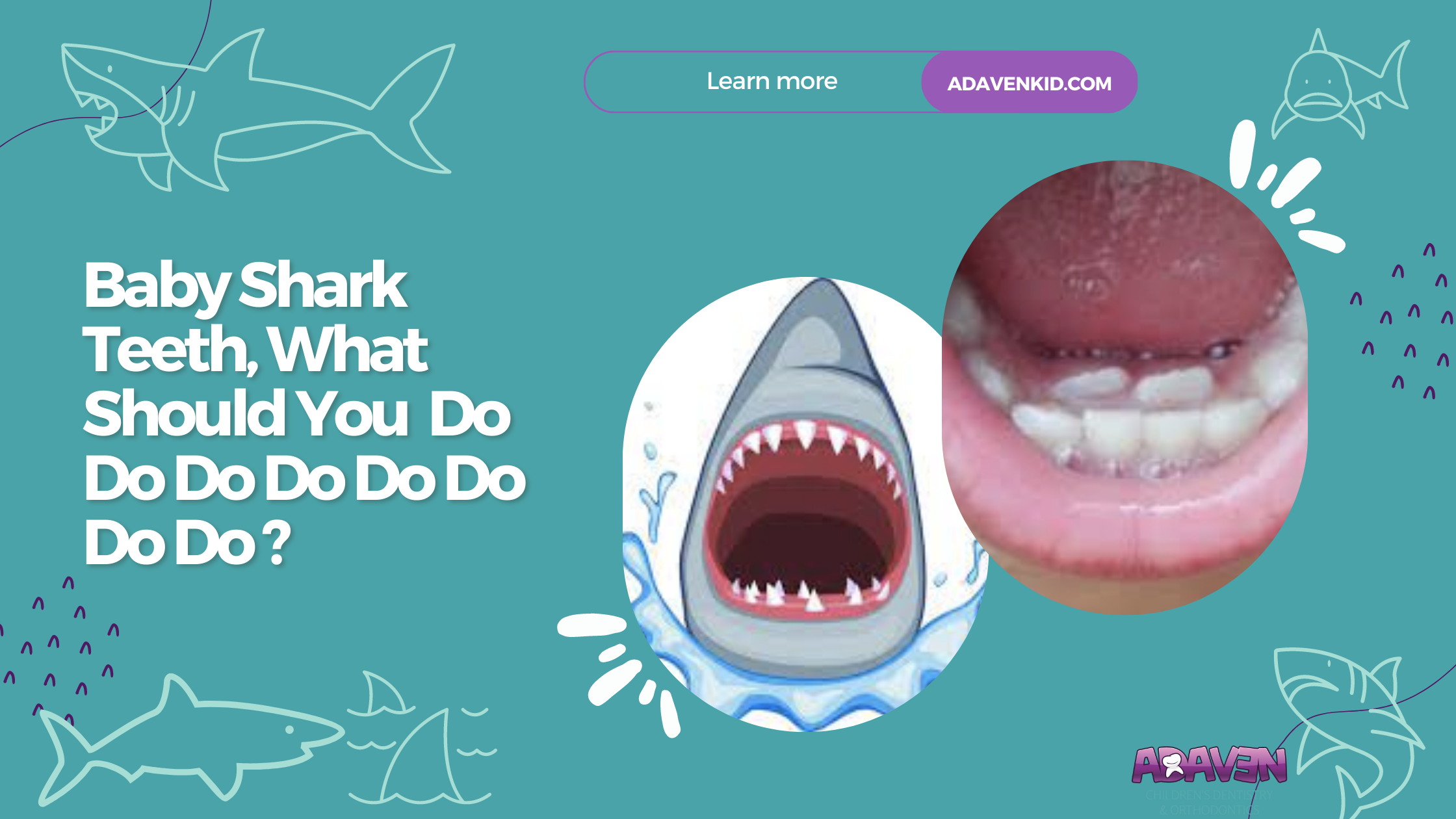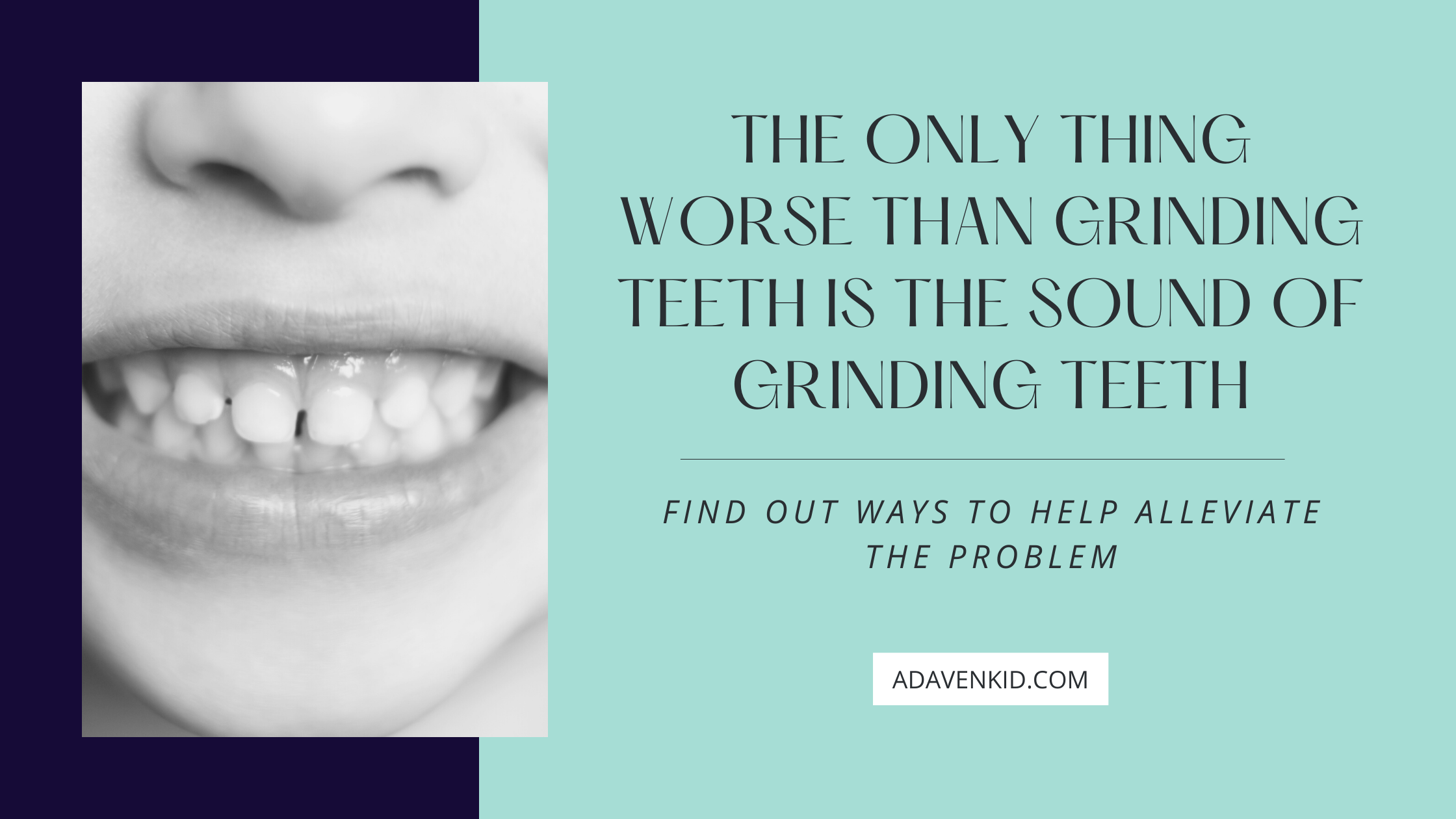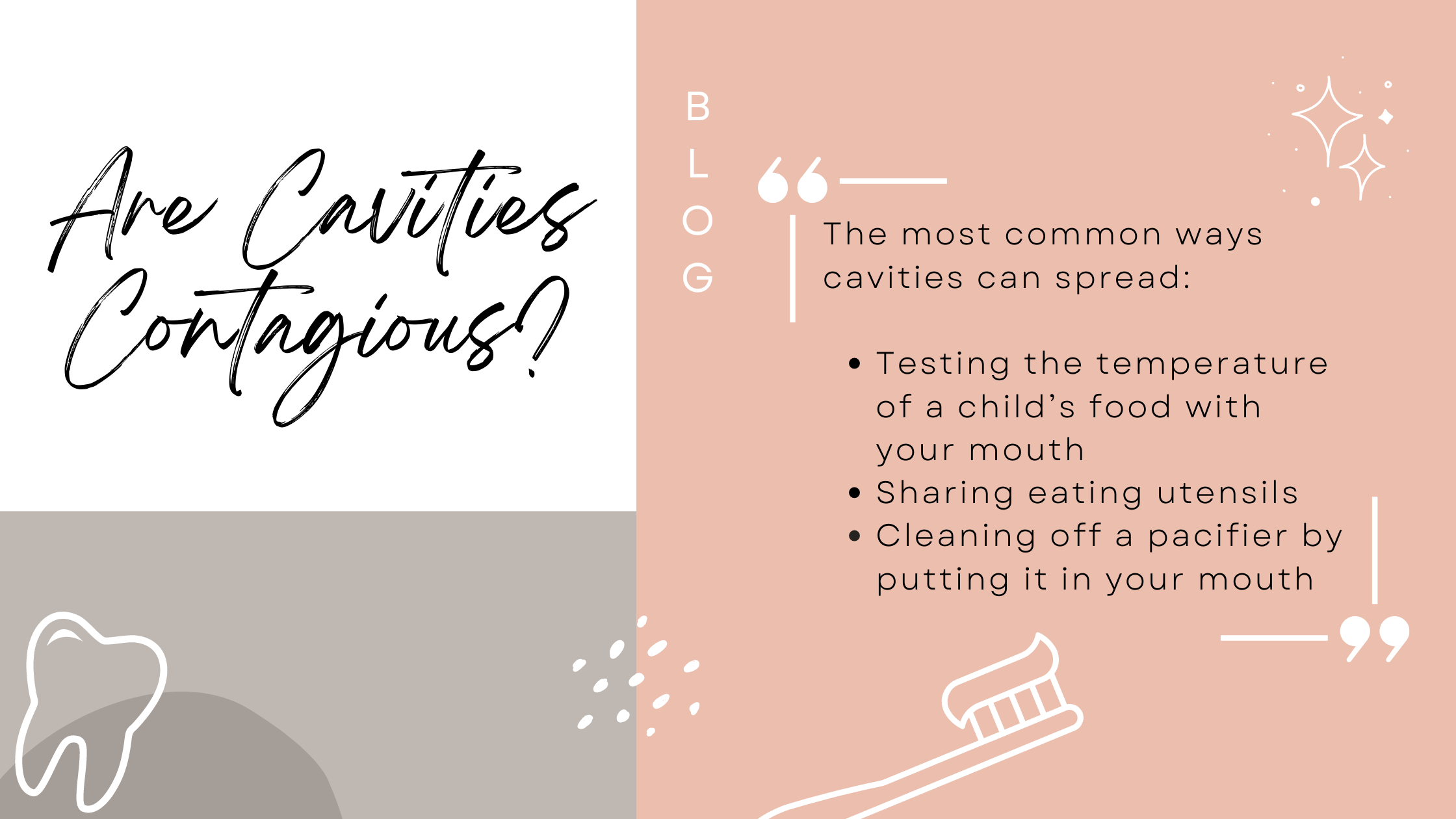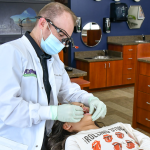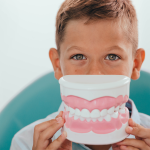Thumb sucking is one of the most common ways for a baby or toddler to self soothe, but it can also be one of the most difficult habits for a young child to break. As children get older, thumb sucking can have negative effects on their mouths and even cause damage to their teeth.
What Are The Negative Effects Of Thumb Sucking?
Although thumb sucking can be an adorable quality and provide babies with a way to help calm themselves when they’re upset or tired, it should not follow them as they grow older. Thumb sucking can affect the oral condition of a child in several ways.
Thumb sucking will not cause damage to the teeth of all children. Negative effects are most prevalent in children who are actively and intently sucking on their thumb or in children who suck their thumbs for long periods of time.
Some of the most commonly seen negative effects of thumb sucking include:
- Misalignment Of Teeth: One of the most common issues from thumb sucking is teeth that become misaligned as they are pushed around. As the alignment of teeth is disrupted, children may develop bite issues, changes to the shape of their jaw, and other problems.
- Overbite (Buck Teeth): An overbite occurs when the child’s top teeth have become misaligned and protrude out to cover the bottom teeth when the child’s mouth is closed rather than touching.
- Underbite: An underbite occurs when the child’s bottom teeth become misaligned and extend farther out than their upper teeth.
- Open Bite: Open bite is a form of misalignment in which the child’s upper and lower teeth do not touch even when their mouth is closed.
- Problems On The Roof Of The Mouth: Thumb sucking can also cause malformation or changes on the roof of the child’s mouth.
- Skin Problems On Their Thumbs: After excessive sucking, the child may develop skin problems such as sensitivity, cracking, bleeding, nail problems, or even infection.
- Speech Impediment: Children who suck their thumbs often develop a lisp or difficulty pronouncing certain letter sounds.
When Should Children Stop Sucking Their Thumbs?
Most children will give up thumb sucking on their own between the ages of 2 and 4, however many others will need help to break the habit. If your child is four years old, have gotten primary teeth, or you have noticed changes in their teeth, you should be sure to work with your child to help them stop.
How Can You Help A Child Stop Sucking Their Thumb?
Helping your child break a habit that provides them with way to soothe themselves when they’re tired or stressed can be difficult to do. Many children need the patient help of their parents or even their dentist.
Some helpful tips to stop thumb sucking include:
- Remain patient
- Provide positive reinforcement and do not focus on negativity or setbacks
- Praise your child for not sucking their thumb rather than scolding them for doing it
- Identify common triggers that cause your child to suck their thumb and help them find comfort in different ways
- Help your child find other ways to relieve stress
- Offer calm, but continual reminders to not suck their thumb
- Place a bandage on their thumb
Ask your children’s dentist in Henderson for tips and advice
Adaven Children’s Dentistry
2843 St. Rose Pkwy Suite 100 Henderson, NV 89052
Phone: (702) 492-1955





